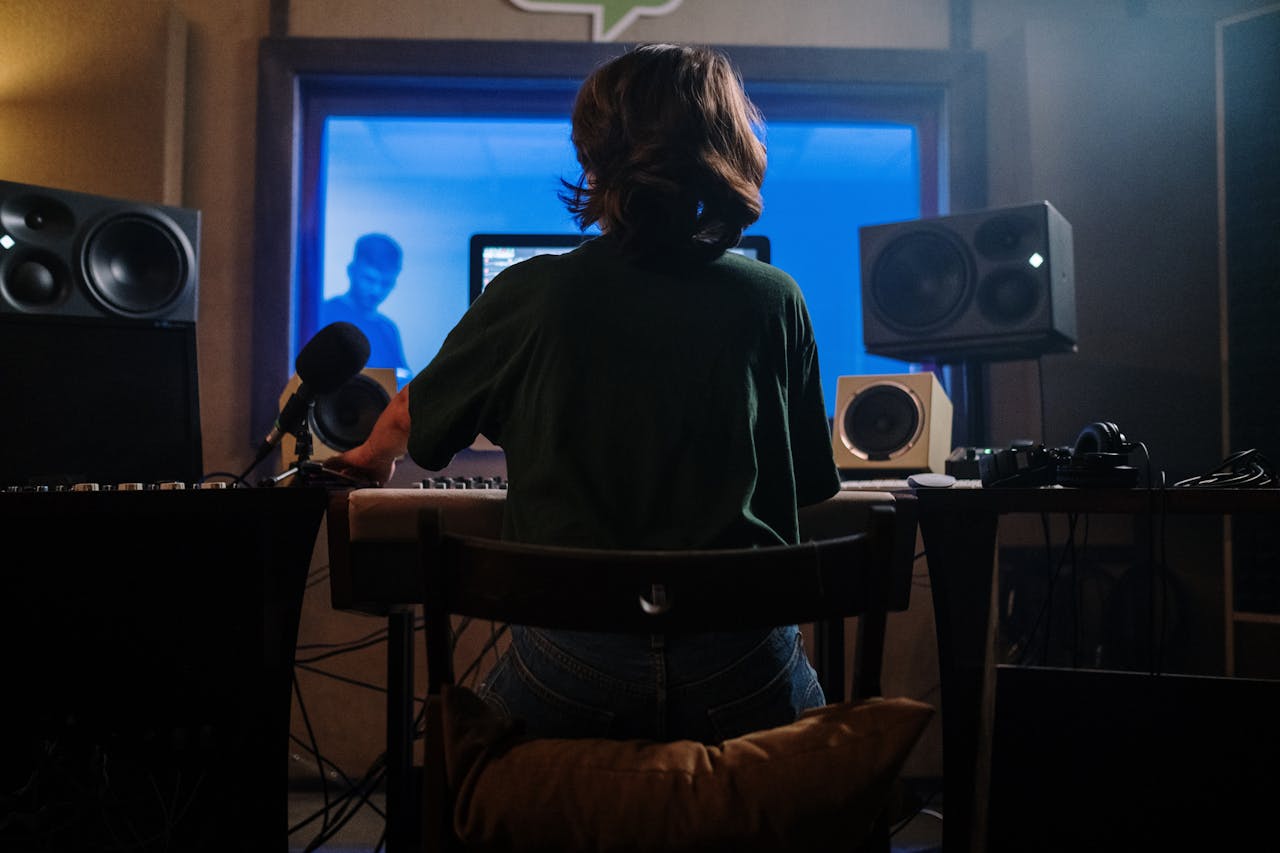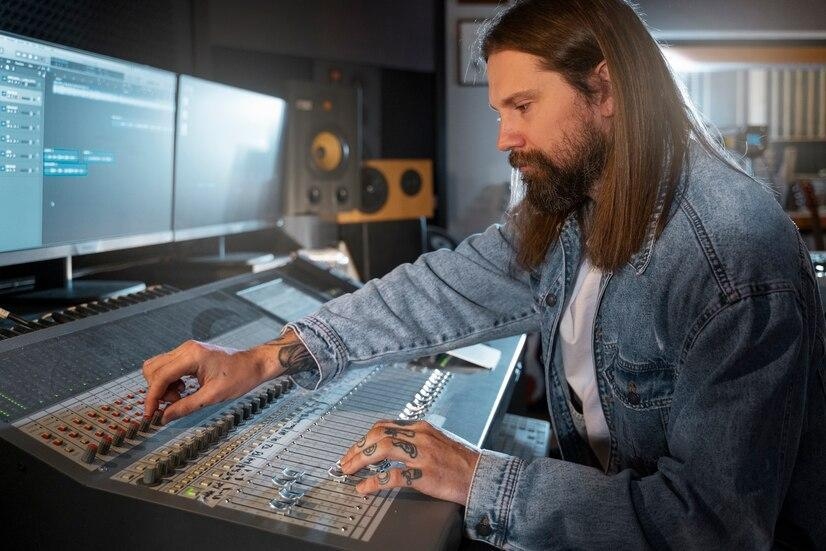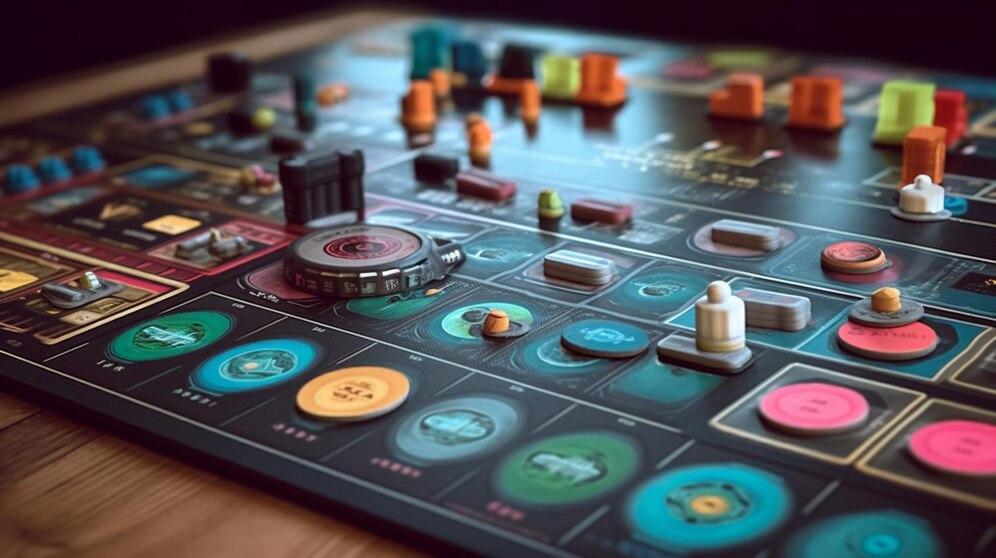Advanced Strategies and Insights for Sound Design Practices
Advanced Strategies and Insights for Sound Design Practices

Sound design is imperative in a variety of fields such as film, games, music and content creation.
Good quality sound can make a project better by immersing the audience more deeply into what they are watching as well as adding emotional depth which visuals alone cannot achieve.
For anyone working with audio this includes sound engineers, music producers or even YouTubers making videos about their lives; knowing how to create an environment through design is essential.
Basic Principles Of Sound Design

Before going into advanced techniques it is important to know the basic principles of sound design. These serve as the foundation for both beginners and experienced professionals who may need a reminder course.
Sound Design Techniques
Frequency: Understanding low, mid and high frequencies helps create balanced audio that sounds good to the ears.
Amplitude: Controlling loudness and dynamics is important for clarity and impact.
Timbre: Being able to identify what makes one sound different from another (even if they have the same pitch and volume).
Envelope: Changing how long it takes a sound to start playing after being triggered; how quickly its volume decreases while the key is held down; etc. so you get different results with shorter/longer decay times etc.
Mobile Apps for On-the-Go Sound Design
In order to capture spontaneous audio ideas, one may find it useful to use an app that records phone calls. For instance, a call recording app like Call Recorder for iPhone will allow you to effortlessly record phone conversations without any hassle. It also enables trimming, organizing as well as sharing recorded files whenever necessary since they are saved directly onto your device or cloud storage service. Opportunities such as these should never be missed especially when least expected just like in movies so having the ability to record phone conversations on iPhone tools could change everything!
Alternatively, while you’re out and about why not use GarageBand or FL Studio Mobile app? These mobile DAWs let you create music/sound effects wherever you are as long as there is a smartphone/tablet at hand since they provide professional audio production features.
Tools for Basic Sound Design
Digital Audio Workstations (DAWs): Ableton Live, Pro Tools or Logic Pro X offer great environments where you can edit and mix your audio easily and professionally.
Virtual Instruments and Plugins: These are softwares that imitate real instruments such as pianos, violins and trumpets which can be used as sound sources in your arrangements when there are not enough live performers available.
The tools like Serum, Massive, and Omnisphere have enormous sound and effect libraries. The following strategies are advanced for creating immersive soundscapes Once you have a strong base to work off of, you can start experimenting with more complex methods of sound design. These tips will be especially helpful in film, gaming, and music production settings.
Layering and Texture
Layering multiple sounds together can produce a fuller, more intricate auditory experience. For instance, mixing background noises with specific sound effects can make an environment feel even more realistic. Use panning and spatialization to position each layer within the mix so that it has its own place and thus creates depth as well as enhancing verisimilitude.
Dynamic Range Compression
Compression is an effective tool for managing the dynamic range of your audio. It makes quieter sounds easier to hear while preventing louder ones from getting too overpowering. This is crucial in both music production and sound effects design where clarity and punch are paramount.
Creative Use of Reverb and Delay
Your audio can gain spatial intricacy through the use of reverb and delay. Different reverbs (such as room, hall, plate) and delays settings should be tried out until different emotional tones are achieved in different contexts by different ambiances
Foley and Field Recording
Finding or creating unique sounds through foley work and field recording will make your projects stand out as genuinely original pieces. Use top tier microphones and Call Recorder for iPhone to capture various sounds within different environments paying close attention to their natural acoustics along with any background noise that might be present thereTestData
Latest Technology and Software for Sound Design
The advancement in technology has made sound design tools more stylish, affordable & easily accessible to everyone than ever. Below are some of the newest innovations you should consider:
- Reaper: It is a DAW that is affordable and comes with powerful features for professional sound design.
- Audacity: This open-source audio editor provides free basic sound design capabilities.
Cutting-Edge Plugins and Virtual Instruments
- Soundtoys: It has a set of creative effects plugins which can change ordinary sounds into extraordinary ones
- iZotope RX: This is an industry standard for audio repair and enhancement tools.
Case Studies: Successful Sound Design Implementations

Looking at real-life situations where audio has been effectively used can be very constructive.
Film: “A Quiet Place”
In “A Quiet Place,” the sound design is what builds tension and makes it feel like the audience is part of every moment. Silence is strategically used along with well thought out sounds to keep people on edge which shows how storytelling can be done through noise.
Gaming: “The Last of Us Part II”
This game uses dynamic audio to enhance players’ experiences by incorporating environmental sounds and character interactions that add depth and reality to the world. The sound design team utilized advanced layering techniques and spatial audio for a complete immersive experience.
Music Production: Billie Eilish’s “When We All Fall Asleep, Where Do We Go?”
Modern sound design software and home recording have been used to come up with an album’s innovative sound design. The album has a unique compelling sonic landscape due to unconventional sounds and textures used.
Elevate Your Sound Design Skills
Sound design presents an ever-changing landscape that is rich in creativity and innovation. You have the potential to attract your audience through creating audio experiences that are not only captivating but also engaging. To achieve this, one must be well versed with fundamentals as well as advanced level knowledge and skills.
Trending
1 What Are People’s Options for Permanent Immigration to the U.S. Right Now?
Daniel Hall2 Gary Lineker Steps Down from Match of the Day, Set for New BBC Projects
Rayson Choo3 Premier League Referee David Coote Suspended By PGMOL
Daniel Hall4 Olivia Rodrigo is Set to Electrify BST Hyde Park in Her Biggest UK Show Yet
Felix Yim5 Is SAAS Dead? A Comprehensive Analysis With Sugar of B2B Humor and Salt of Philosophical Insights
Issac Thomas

